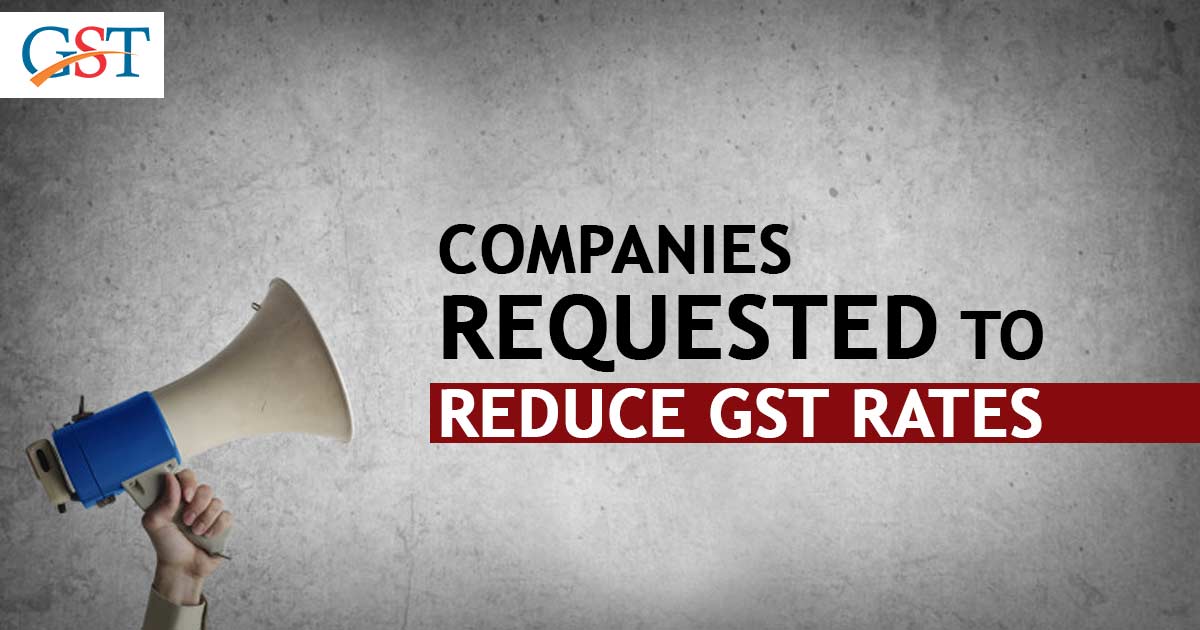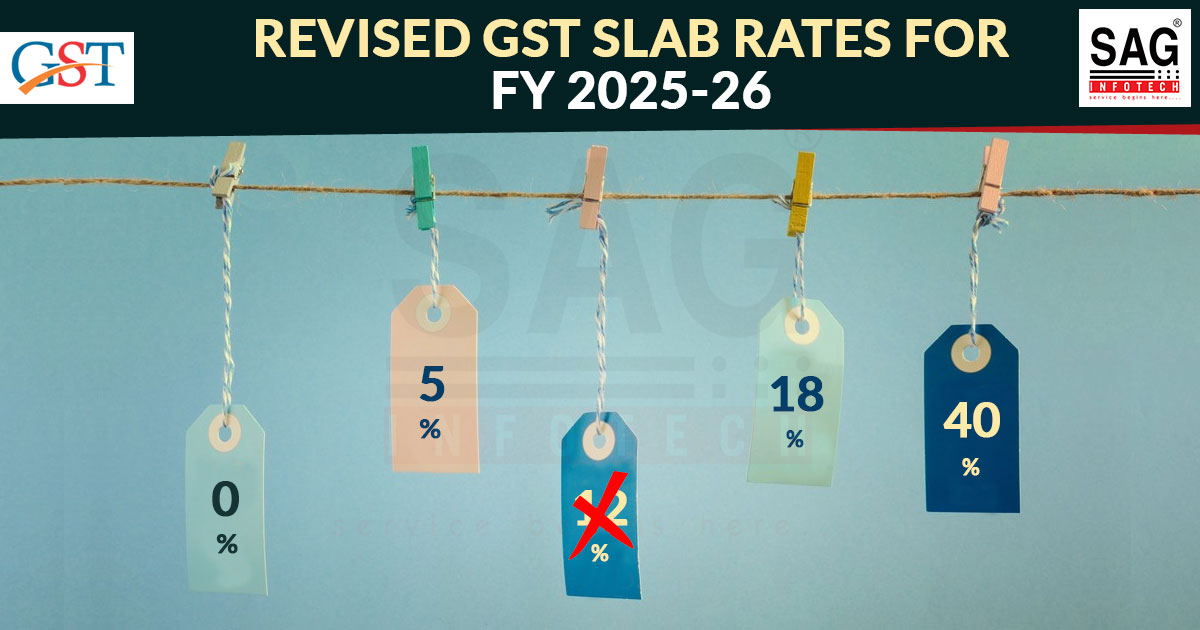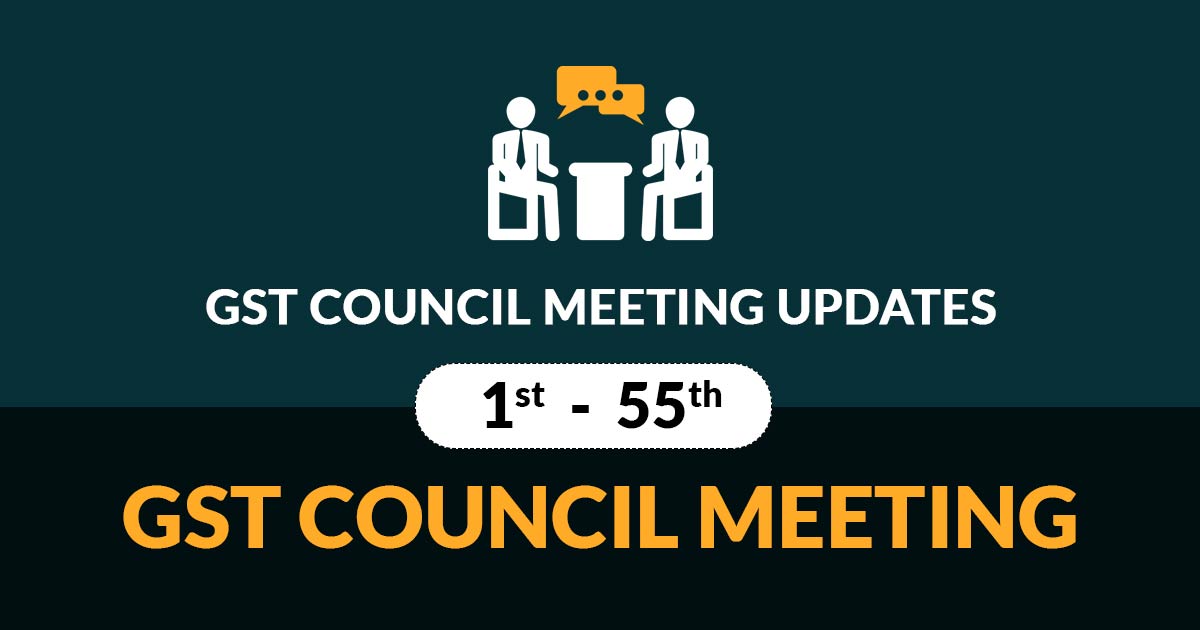
Companies are going through a tough time due to fewer to no customers, lack of liquidity, and restrictions. Companies and representatives are looking at Government for some rate-cut in GST and now some Consumer-facing companies including makers of biscuits, Ayurveda products, soaps, and shampoos reached the government and requesting to reduce the goods and services tax rates 
The executive director of Parle Products Arup Chauhan said that “With constraints of disposable income, reduction in GST would spur the demand of essential categories,”. Parle is the country’s biggest biscuit company and the company is behind the making of Monaco, Hide & Seek, and Marie cookies. Biscuits belong to price-sensitive categories, under Rs 100 a kg attracts tax at 18% rate, by volume 40% and by the value of the overall category 30%.
In November 2017, the GST council meeting 
In this matter, Arvind Mediratta, managing director of wholesale retail chain Metro Cash & Carry said that “Reduction in GST for basic categories from 18% would create a demand stimulus, which is critical to reviving the economy,”. Some industry officials also responded that the Rs 20 lakh crore stimulus package by Central Government was more focused on the supply-side for long-term results rather than increasing the demand in the short term.
Ayurveda-based products maker companies such as Dabur and Baidyanath also said that a GST reduction to 5% from 12% need to be provided as the government itself is promoting the use of Ayurvedic foods to boost immunity and to support local business. Dabur’s chief executive Mohit Malhotra said,” A uniform 5% GST for the entire Ayurveda product and medicine range would spur much-needed demand. A uniform 5% GST would help popularise ayurvedic products, which are gaining acceptance among consumers because of their immunity-building properties,”.
At present time only classical ayurvedic medicines, which share 20% revenue of the category comes under 5% slab, and all other ayurvedic products attract GST at a 12% rate, as they are considered under proprietary and over-the-counter categories. As per reports, Market research firm Nielsen who earlier projected the growth outlook for the fast-moving consumer goods sector 9-10% also reduced the projection percentage and in last month to 5-6%. As we said above, there is a meeting of the GST Council expected next month so we have to just wait for the decision.